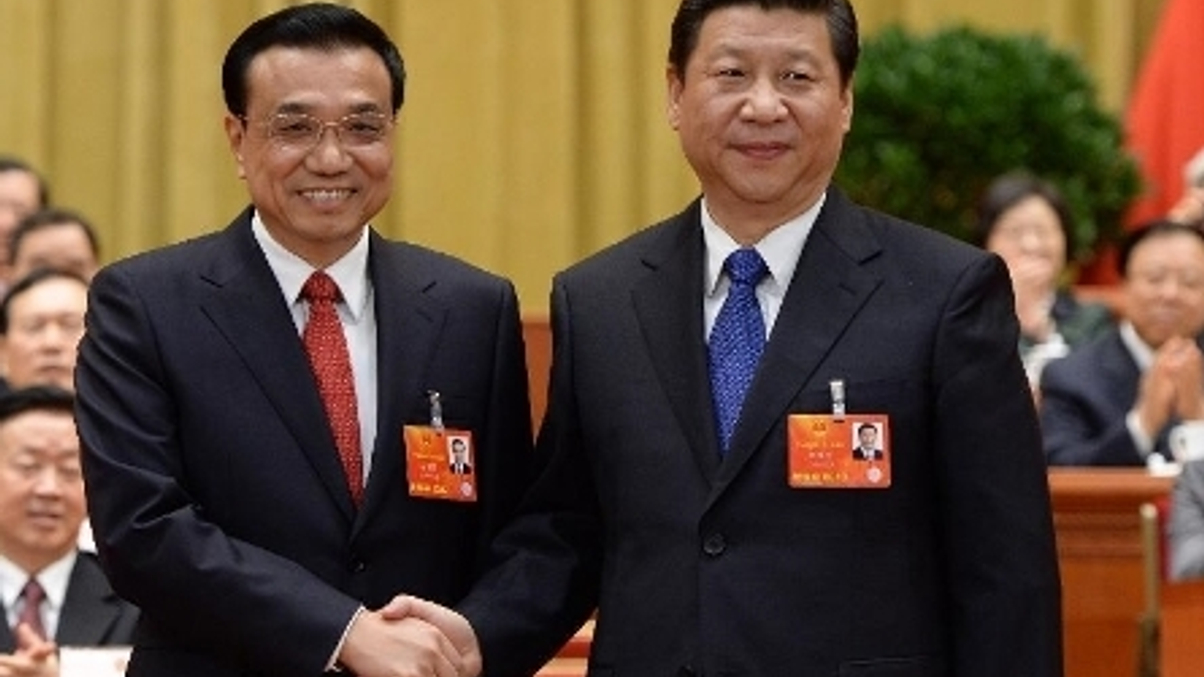Five steps China can take now to reform markets
Beijing can use the stock-market collapse as a means toward better, sounder financial reforms. Here are five that AsianInvestor recommends.

Although Chinese authorities have moved to insulate the broader financial system from the ongoing stock market crash, the severity of the collapse and the evident desperation in Beijing’s response has led to questions about the government’s stomach for further pro-market reforms.
Sign in to read on!
Registered users get 2 free articles in 30 days.
Subscribers have full unlimited access to AsianInvestor
Not signed up? New users get 2 free articles per month, plus a 7-day unlimited free trial.
¬ Haymarket Media Limited. All rights reserved.


